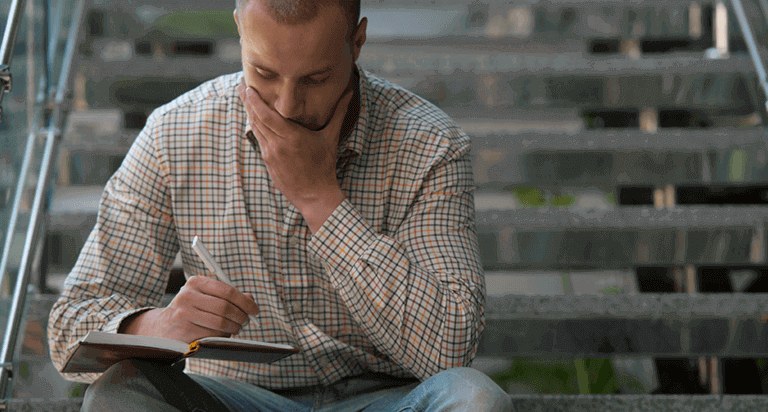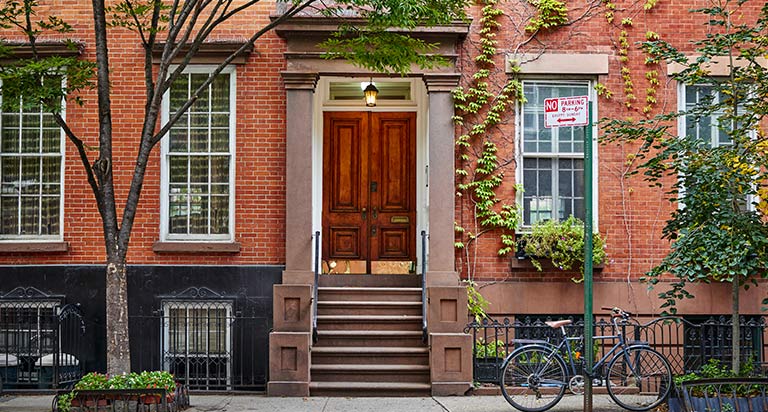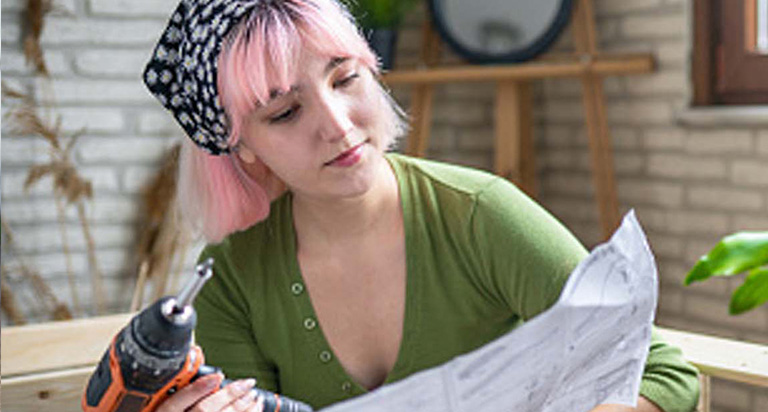
Can Creditors Go After My Retirement Accounts?
Find out which types of retirement accounts may be vulnerable to creditors in the event of financial hardship.
Each stage of life brings different financial needs and goals. No matter where you are in life or where you're heading, you’ll want to stay on top of information to discover the best loans, mortgages, interest rates, and strategies to plan for retirement.

Find out which types of retirement accounts may be vulnerable to creditors in the event of financial hardship.

Find out how to estimate how much money you should have saved by your 40s and 50s. Plus, learn strategies to build up your savings if you feel you’re behind.

Life insurance can provide critical financial support following the death of a loved one. Learn how life insurance works, how to get it and more.

Try these fifty money-related questions to kickstart important financial conversations with your partner.

Life events can force us to retire earlier than planned. If you've been or are worried you might be pushed into early retirement, here are some steps to take.

If you’re looking at changing jobs or even a career, reskilling for a new industry might help you gain a competitive edge in the job market.


Re-entering the workforce after a career gap can be particularly hard on working women. If you’ve left the workforce, here’s how you can restart your career.



Do you know the types of retirement accounts available to you? Learn all about IRAs, ESOPs, 403(b) plans and other retirement accounts.

Wondering how long your money will last in retirement? Estimate how much money you might need to retire, learn how to track your spending and more.